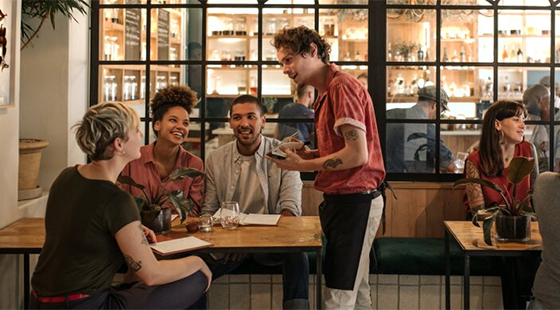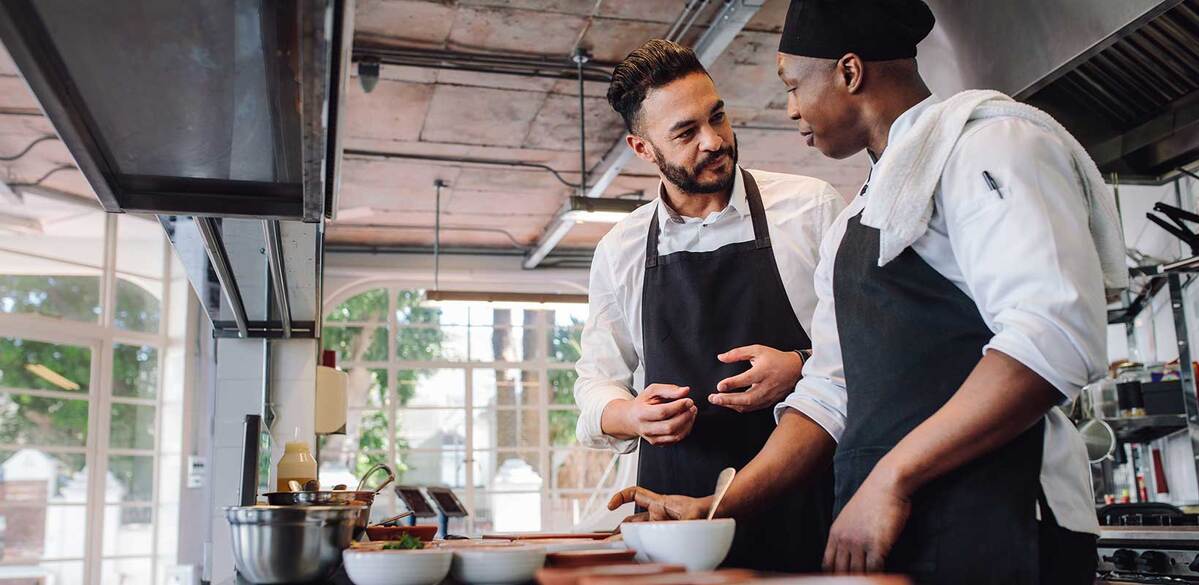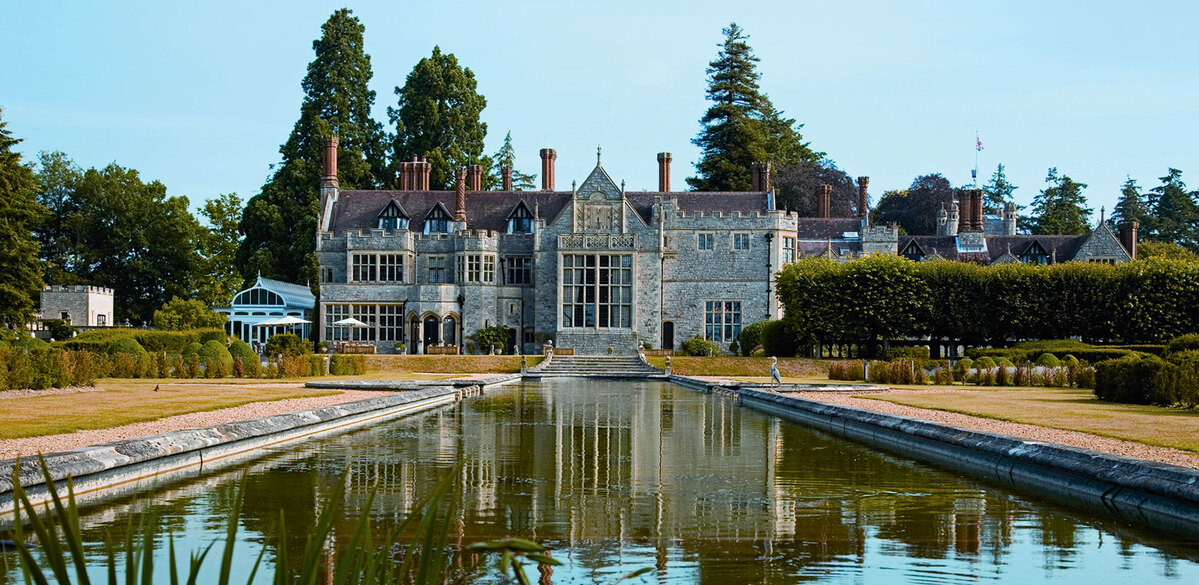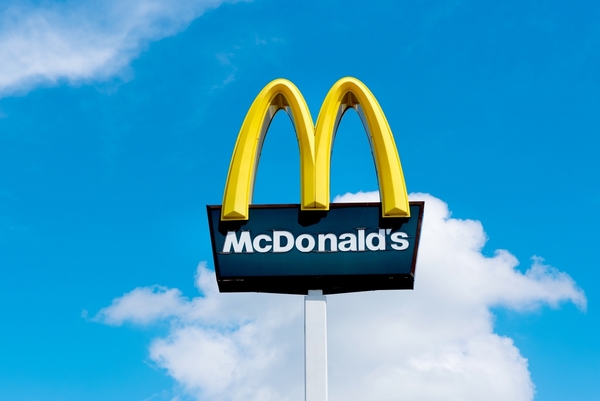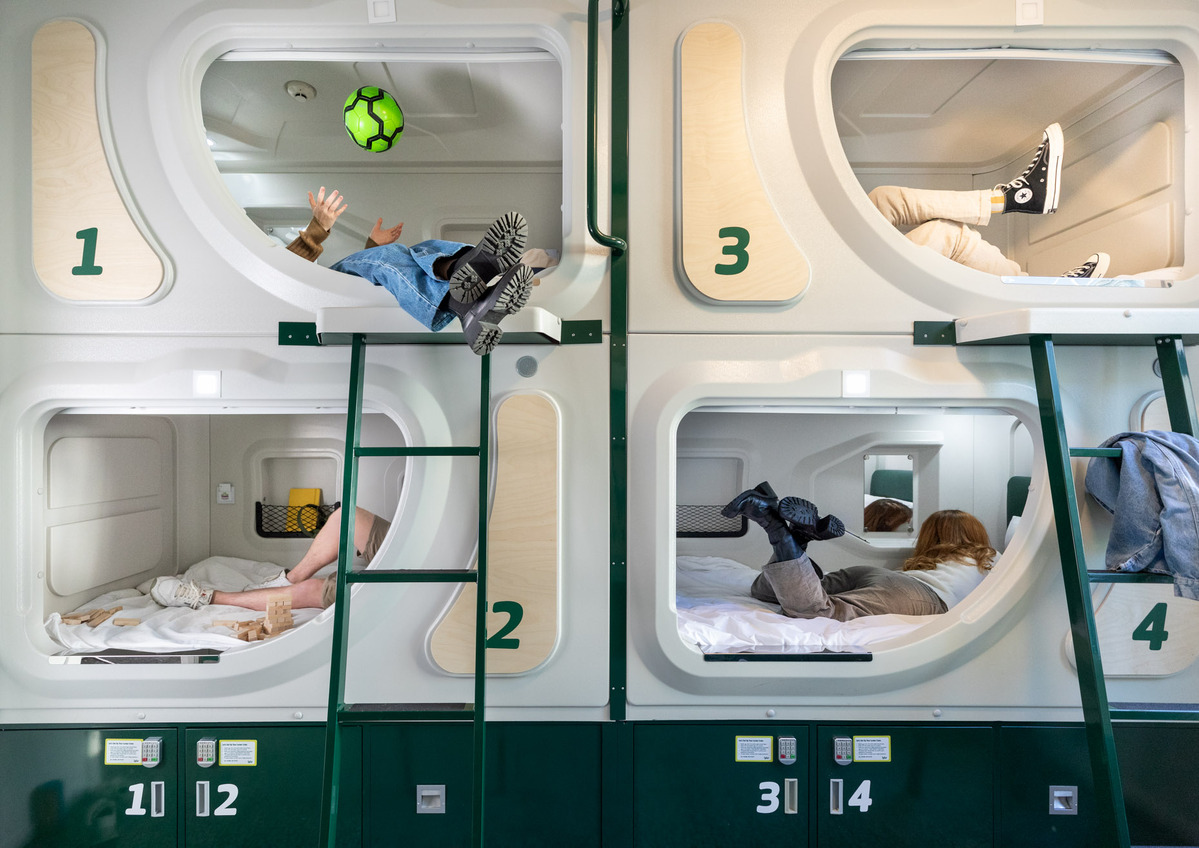Hospitality ‘squeezed from both sides’ after National Living Wage rise
Hospitality businesses have had to introduce service charge or increase menu prices to cover the substantial rise in the National Living Wage (NLW) introduced on 1 April.
The minimum hourly rate for those aged 21 and above has jumped by almost 10% from £10.42 to £11.44 over the past year, marking the largest ever increase in the minimum wage in cash terms, according to the Treasury.
Nina Matsunaga, owner and head chef of the Black Bull gastropub in Sedbergh, was pushed to introduce a 10% service charge late last year to increase revenue in time for the NLW rise.
It was the first time the award-winning pub with rooms had issued a service charge since it opened in 2018.
Matsunaga told The Caterer: “It’s not ideal, and it took a lot of consideration before implementing [service charge], but it has worked.”
She said the business had been forced to act as the costs of producing dishes had risen across the board.
Matsunaga added: “Unfortunately, there is a limit to what we can increase our prices to before the customer says, ‘I’m not prepared to pay that’. This makes already tight margins even tighter.
“It seems like the consumer wants us to pay our staff well, look after them and use good quality produce, but not all of them are willing to pay for it.”
Andrew Crook, president of the National Federation of Fish Friers and owner of the Skippers of Euxton fish and chip shop in Chorley, has also upped his prices to deal with the rising NLW.
He said it was the “biggest increase I have done in one go” to manage costs as his energy bills had doubled and the price of fish and potatoes remained high.
“We obviously support people being paid well for their hard work in the fish and chip outlets across the country and in wider hospitality,” said Crook.
“That being said, the money needs to come from somewhere as operators are already being squeezed from both sides. Most operators I have spoken to have had to increase prices to cover the increase in wages this week, the effect that will have on trade is yet to be seen.”
Stosie Madi, chef and co-owner of the Parkers Arms in Newton-In-Bowland, Lancashire, has also raised prices “gently over the past six months” to prepare the business for the increase in the NLW.
She said the change was difficult but "a good thing in general for the workforce”.
Sam Hurst, chief executive of corporate catering company Grazing, said he was pleased to see the government raise the NLW. Grazing pays over-18’s at least £12 an hour and is an accredited Real Living Wage employer, meaning it voluntarily pays a higher rate based on the cost of living.
Veryan Palmer, director of the Headland hotel in Cornwall, has also been paying staff above minimum legal wage for the past five years.
Since wages were raised again on 1 April, Palmer said the hotel had received more requests from full-time staff to work part-time hours than she had ever seen in a single month.
She added: “You might be able to suggest that people are realising that with the new rate of pay, they don’t have to work as many hours to be able to sustain the lifestyle they would like to live, which is slightly counter-intuitive to what the government is trying to do to get more people into work.”
UKHospitality has called for a “careful and cautionary approach” to future increases in the NLW and said it would support raising it in line with average earnings each year.
Image: Shutterstock



